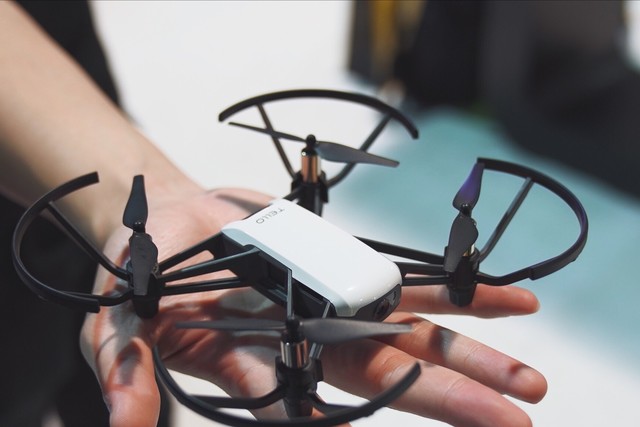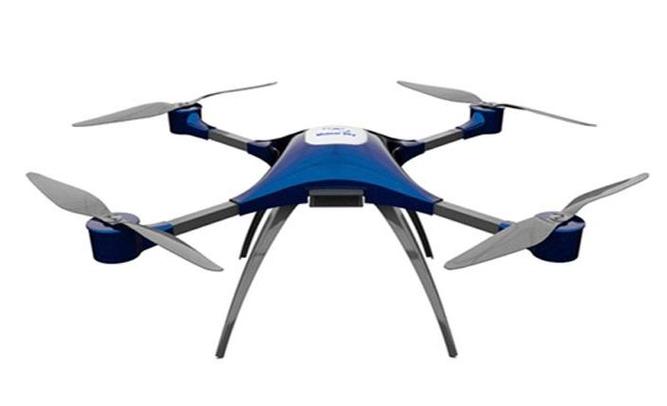The topic of Russian drone activity has become a growing concern for Romania, especially with the recent increase in sightings over its territory. As tensions between Russia and neighboring countries intensify, Romania finds itself in a potentially precarious situation. Romanian officials have been closely monitoring this development, showing an elevated sense of vigilance.
Romania, located strategically in Eastern Europe, shares the Black Sea with several countries, including Russia. This proximity to Russian territory naturally raises concerns about security. The increased presence of Russian drones could be seen as a threat to Romania’s airspace sovereignty and national security. Various governmental bodies are now contemplating measures to counteract these potential incursions.
How Romania is Responding
To address these concerns, Romania has been strengthening its military infrastructure. Investments are being made in radar systems and air defense mechanisms, ensuring that Romania can detect and identify unmanned aerial vehicles (UAVs) more efficiently. The country’s defense forces are also working in concert with NATO allies, participating in joint exercises designed to prepare for scenarios involving drones.
Romanian military experts are evaluating the types of drones being spotted, aiming to gather intelligence that could help mitigate risks. The country’s leadership is working on diplomatic channels as well, initiating discussions with Russian officials to clarify intentions and hopefully ease tensions.
Potential Implications for Romania
Romanian airspace violations by Russian drones could result in several repercussions. Apart from immediate security threats, there are diplomatic and economic aspects to consider. Increased military spending to upgrade defenses could strain the national budget, while strained relations might impact trade agreements or economic cooperation in the region.
There is also the risk of escalation. As Romania bolsters its defense, Russia might perceive it as a hostile move, leading to increased military presence along the shared borders. Ensuring transparent communication and establishing trust between the nations is crucial to avoid unintended confrontations.
International Response to Drone Activity
Globally, concerns about drone activity extending beyond national borders are growing. Countries are beginning to set international standards for UAV operations to prevent unauthorized surveillance or aggression. NATO’s involvement helps to unify efforts among member states, providing Romania with a broader support network as it navigates these challenges.

FAQs
Q: What steps can Romania take to improve its detection of drones?
Romania can enhance its radar systems and collaborate with international allies for access to advanced technologies.

Q: Could Russian drones pose a threat beyond surveillance?
Yes, drones can be equipped for various purposes including intelligence gathering, electronic warfare, or even carrying payloads, which raises the risk factor.